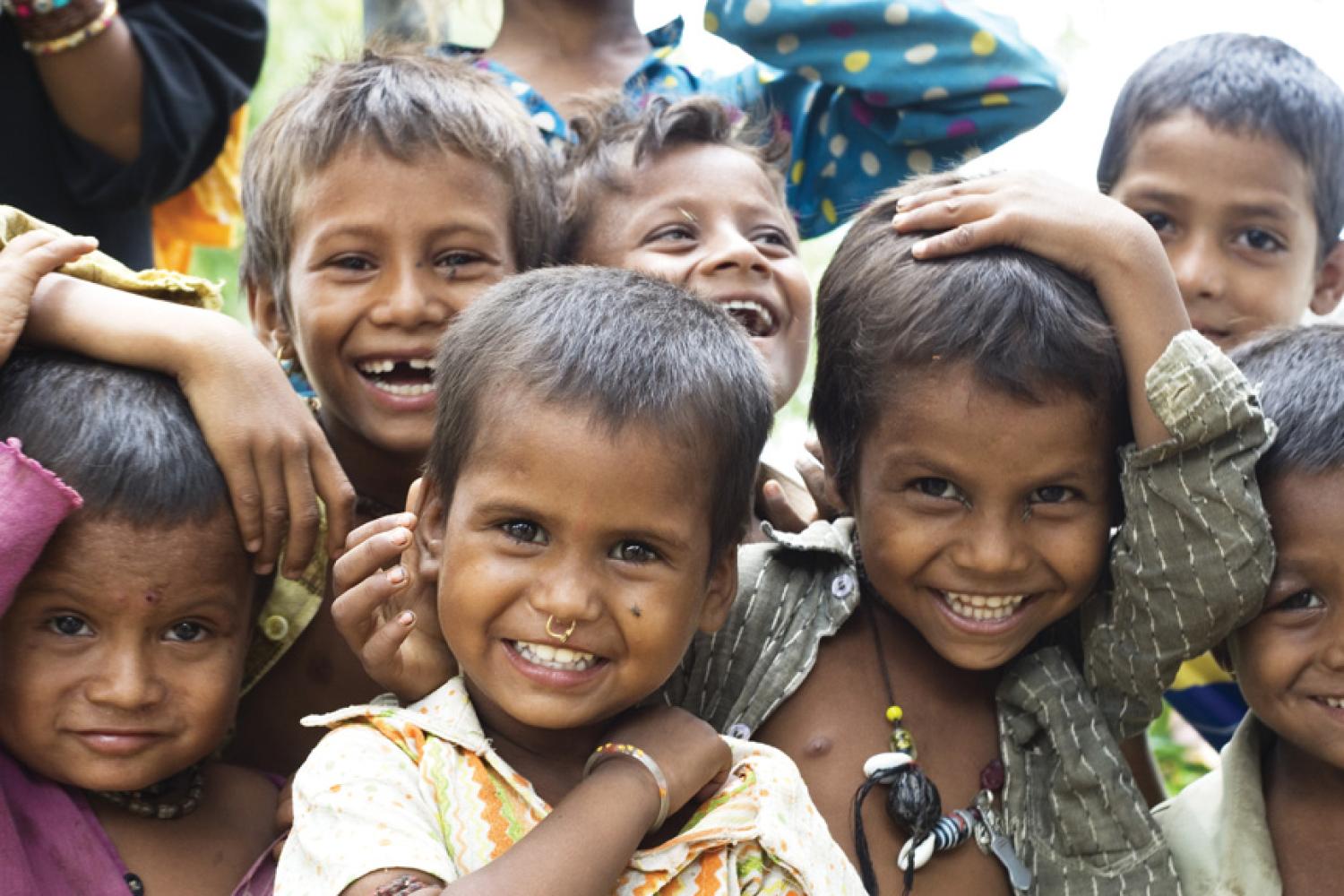
Why Inject a Vaccine When You Can Inhale it?

CU Boulder researchers believe an inhalable measles vaccine slated for human clinical trials in Pune, India, will lead to similar vaccines for other illnesses.
A revolutionary inhalable vaccine developed at CU for measles prevention could lead to other inexpensive, easy-to-administer vaccines and save thousands of lives throughout the world.
Human clinical trials for the vaccine began this summer in India, thanks to the efforts of CU-Boulder chemistry and biochemistry professor Robert Sievers, who has spent years developing the inhalable measles vaccine.
Why India? The country accounts for two-thirds of global deaths from measles in children and infants, which totaled 164,000 in 2008, according to the World Health Organization.
“One of our primary goals of this project is to get rid of needles and syringes because they frighten some people, they hurt, they can transmit diseases and there are issues with needle disposal,” Sievers says.
The cost of the inhalant dose for measles is about 26 cents, roughly the same price as an injectable dose. To make it, Sievers’ team mixed “supercritical” carbon dioxide with a weakened form of the measles virus. The process produces microscopic bubbles and droplets that are dried to make the inhalable powder. It is dispensed into patients’ mouths using a small, cylindrical plastic sack with an opening like the neck of a plastic water bottle.
A spinoff of Sievers’ research is Aktiv-Dry, which he founded in 2002 with CU pharmacy professor John Carpenter and Brian Quinn, the company president. Sievers notes 40 students have earned doctorates under him, and “it was those students and their work that really positioned us at the right time to gain significant funding for this project.”

